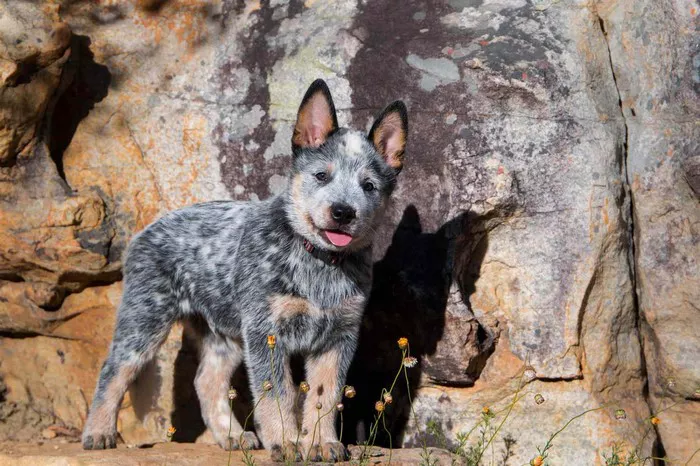The Australian Cattle Dog is a robust, versatile, and well-proportioned working dog. They are energetic, enduring, and highly intelligent. Understanding their dietary needs is crucial for anyone considering owning an Australian Cattle Dog. Here are some guidelines on how to properly feed your Australian Cattle Dog puppy.
Firstly, it’s important to understand that the dietary requirements may vary for each dog depending on factors such as age, weight, activity level, and overall health. Therefore, the best practice is to consult a veterinarian to ensure your puppy receives appropriate nutrition.
For Australian Cattle Dog puppies, their diet should primarily consist of high-quality dog food, which should contain adequate levels of protein, carbohydrates, fats, vitamins, and minerals. Additionally, they also need access to plenty of water.
When selecting dog food, look for products labeled as “all-natural” or “grain-free” as they are more likely to avoid added artificial colors and preservatives. Ensure the food also contains Omega-3 fatty acids, which can be obtained by adding fish oil or flaxseed.
As for specific feeding amounts, this will vary based on your puppy’s weight and age. Generally, puppies require about a quarter to half a cup of dog food per day, divided into two to three feedings. As they grow, you can gradually increase the amount until they reach adult weight.
Besides dog food, you should also provide your puppy with some healthy treats such as carrots, apples, or cooked eggs. However, avoid giving them chocolate, grapes, onions, or other foods harmful to dogs.
Lastly, remember that while diet is an essential part of keeping your Australian Cattle Dog healthy, exercise is equally important. Your puppy needs sufficient exercise to help them burn energy, build muscle, and maintain a healthy weight.
In summary, properly feeding your Australian Cattle Dog puppy requires some research and planning, but seeing them grow up healthy and happy will be worth it. If you have any questions or concerns, remember to seek professional veterinary advice.


